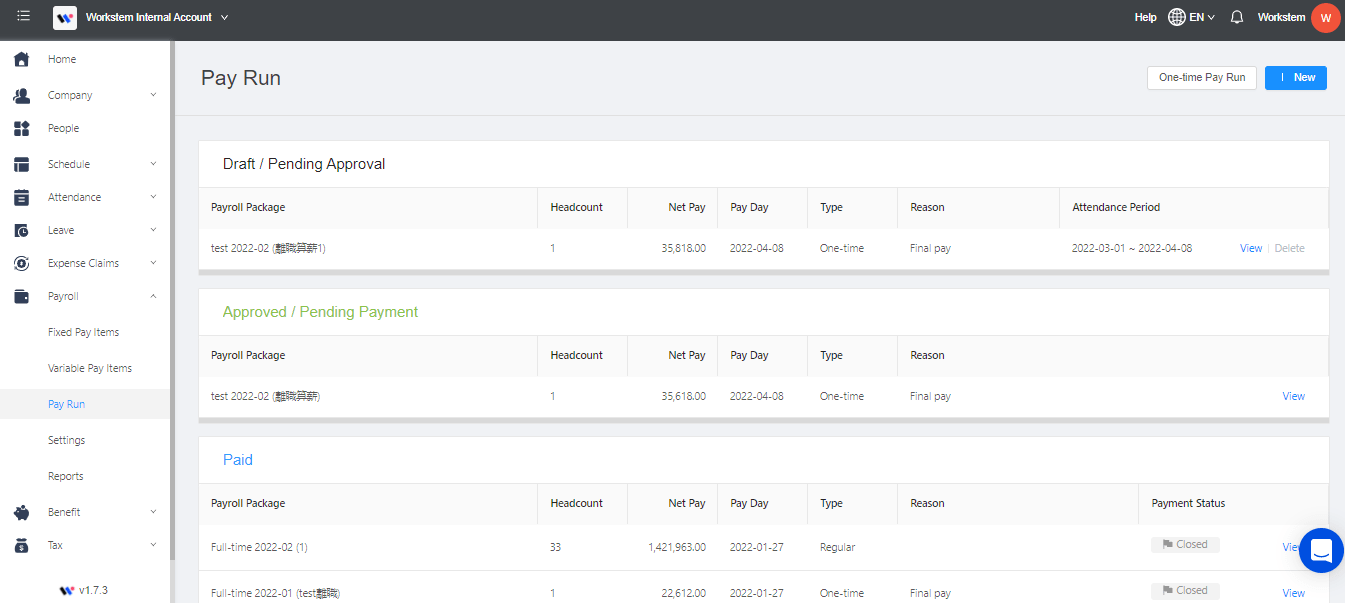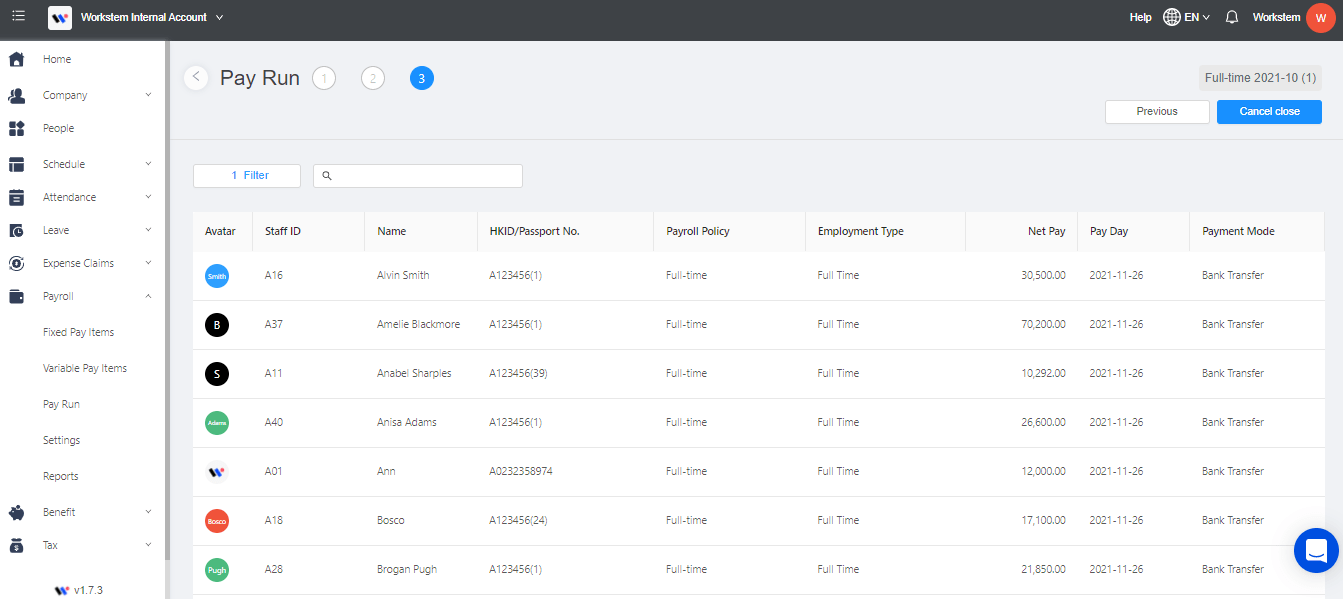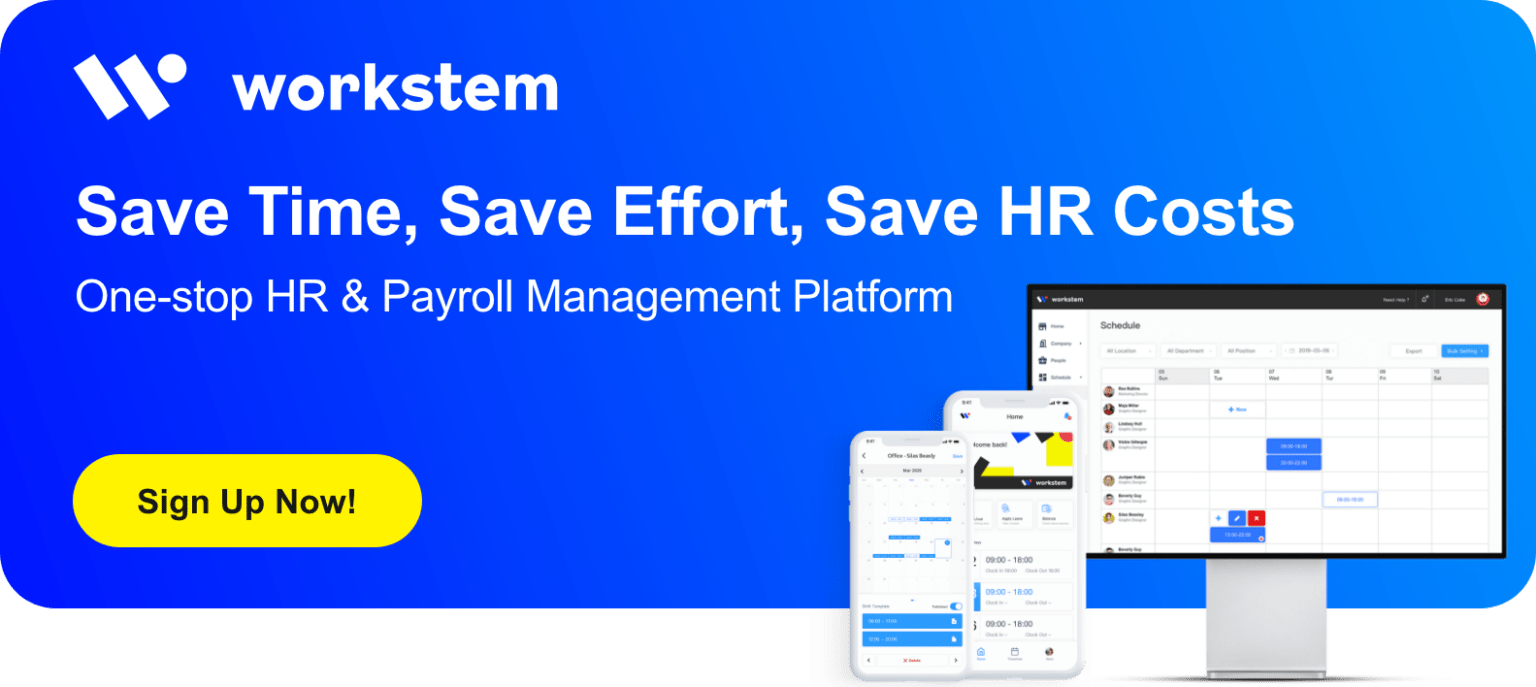Employment records are record files kept by the company to keep track of the staff’s information. The Employment Ordinance, (Cap. 57) has stipulated that every employer must keep records of employees’ information, including:
- Name
- Date of commencement of employment
- Job title
- Wages
- Leaves and period of notice required for termination of contract
Why are employment records important?
The complete and accurate records of payroll, attendance and leave are important for employers, for they are related to entitlements calculation of the employee, such as sickness allowance, annual leave pay, payment in lieu of notice,ect, which need to be calculated on the basis of average daily wages earned by the employee in the preceding 12 months. Having clear and detailed records of wages and employment can effectively protect the entitlements of employers and employees, what’s more, avoid unnecessary labour disputes.
Types of employment records you should keep
- Total number of hours worked: all employees, whether they are full-time, part-time or casual workers, and regardless of whether or not they are employed under a continuous contract, the employer must keep the records of total number of hours worked and monthly monetary cap.
- The wage records must be kept at the employer’s place of business or at the place where the employee is employed, and they should also be kept for a period of another six months after the employee ceases to be employed.
⚠️ An employer who fails to keep the above records is liable to prosecution and, upon conviction, to a fine of HK$10,000.
- Records relating to sick leave:
- all paid sickness days accumulated by the employee
- all paid sickness days taken by the employee and the deducted paid sickness days
- all sickness allowance paid to the employee and the sickness days in respect of which sickness allowance was paid
- Records relating to annual leave:
- the date of commencement and termination of all periods of annual leave taken by each employee
- the date of commencement and termination of all periods of closure of the employer’s business or part of the business for the purpose of granting any annual leave to any of the employee
- all annual leave pay received by each employee
- Records relating to paternity leave:
particulars of the period(s) of paternity leave that the employee has taken together with details of payments made in respect of such period(s)
- Records relating to maternity leave:
- the maternity leave taken by the female employees
- the maternity leave pay given to the female employees
- Records relating to statutory holidays:
- the statutory holidays to which the employee is entitled and the statutory holidays that he/she has taken
- details of payments made in respect of such statutory holidays
- Documentary proof for a student intern:
If the employee is a student intern under the Minimum Wage Ordinance, the employer has to keep a document (or a copy) issued by an institution showing that the period of work is arranged or endorsed by the institution in connection with either an accredited programme or a non-local programme being provided by the institution to the employee
- Documentary proof for a work experience student during a period of exempt student employment:
If the employee is a work experience student under the Minimum Wage Ordinance, the employer has to keep the statutory declaration (or a copy) provided by the employee.
How long should you keep the employment records?
Employers may retain personal information of former employees for a period of less than 7 years from the termination date of the former employee. However, if the employee agrees to keep his file for a longer period of time, it can be another matter.
How can Workstem help?
Workstem is a comprehensive HRM system that not only saves all wages and employment records regulated by the Labour Department, but also automatically calculates daily/ weekly/ monthly wages based on leave application.

* The Employment Ordinance has regulated the monthly monetary cap (i.e. HK$15,300 with effect from 1st May 2019) on keeping record of the total number of hours worked. If an employer is required to pay an employee less than HK$15,300 per month during a wage period, the employer must keep a record of the employee’s total number of hours worked in that wage period.

Read More:
[Employer Guide] Employment Contract
Employer’s Ultimate Guide to MPF

(The content and information in this article are for reference only. The accuracy and reliability of the information are subject to the latest government regulations. If you want to reprint the article or content, please contact us first or attach a link to this article, and indicate the source of reprint.)







![[418 Guide] Ordinance 418 And Continuous Contract](https://www.workstem.com/wp-content/uploads/2023/08/Untitled-design-min-350x220.png)